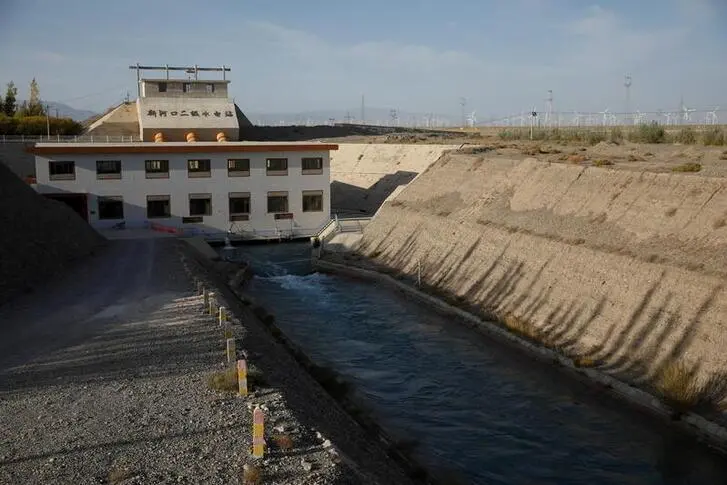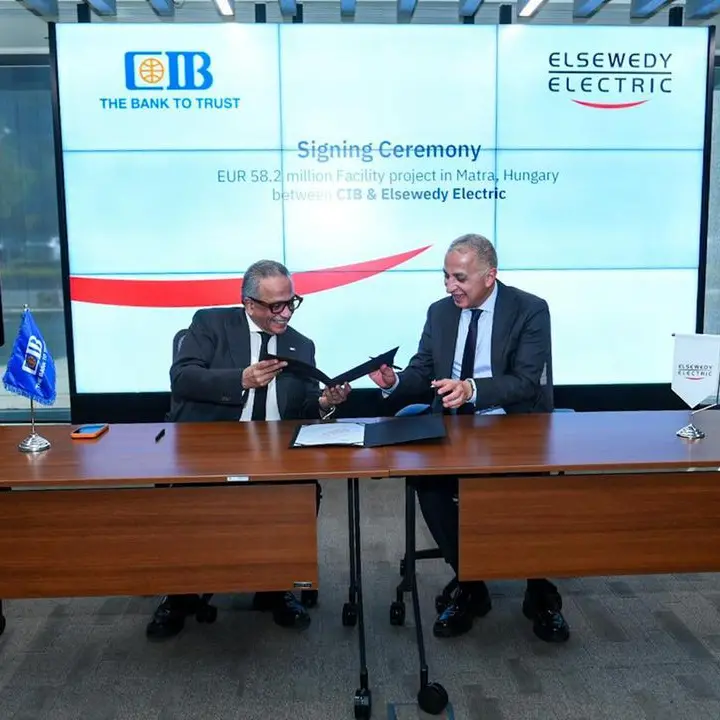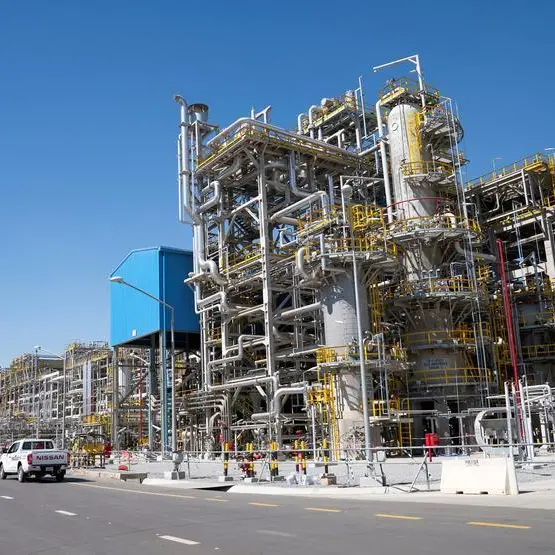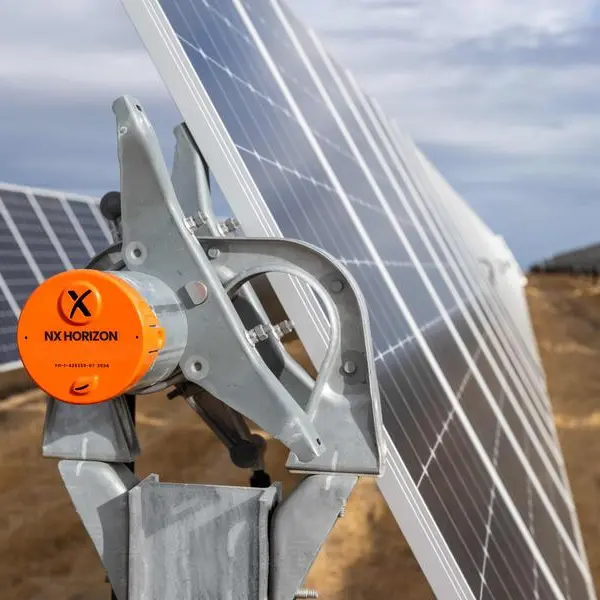PHOTO
Africa’s reliance on hydropower could be headed for troubled times as rapidly falling costs of solar and wind power and the impacts of climate change put a question mark on the viability of future projects, according to a new study.
While Africa may have tapped only 10 percent of its hydropower potential, 67 percent of future hydropower plants in the continent may not be worth the investment, according to the study by Austria-based International Institute for Applied Systems Analysis (IIASA).
The study, carried out by scientists in Austria, Belgium, Ethiopia, and Italy, used a detailed energy model to investigate which combination of power sources would be most cost-effective for African countries to meet their rising demand until 2050.
It found that soon, hydropower will not be able to compete economically with solar and (to an extent) wind power, whose costs have dropped at unprecedented rates in the last decade.
Moreover, the effects of prolonged droughts on hydropower, likely to worsen due to climate change, would have to be mitigated through additional investments.
On the bright side, the study titled ‘Declining cost of renewables and climate change curb the need for African hydropower expansion’ found that specific hydropower plants, especially in the Congo, Niger, and Nile basins, would still be cost-effective in the short term. Apart from supplying cheap power, they could also be used flexibly to help the integration of solar and wind, whose output constantly fluctuates.
IIASA modelled every single hydropower plant in Africa - existing and future projects - individually, with its own storage size, river flow profile, and interplay with other hydropower dams.
The study, available on the ‘science.org’ website of the American Association for the Advancement of Science, found that beyond 2030, only a very limited number of hydropower plants would remain attractive investments across Africa.
(Editing by Anoop Menon)
Subscribe to our Projects' PULSE newsletter that brings you trustworthy news, updates and insights on project activities, developments, and partnerships across sectors in the Middle East and Africa.





















